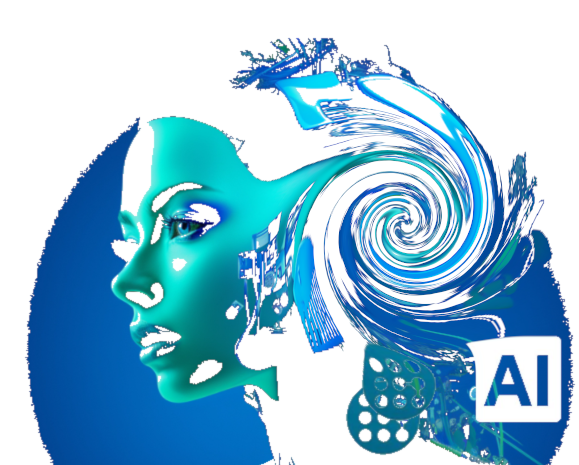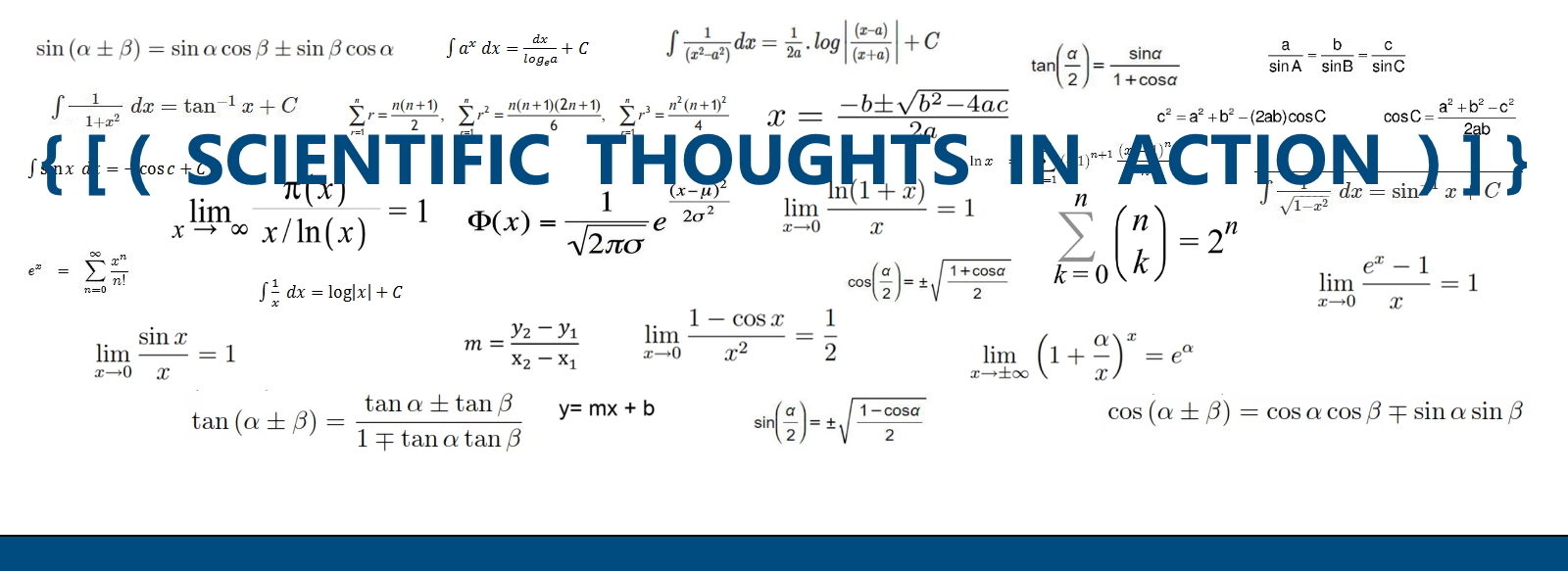The launch of ChatGPT, i.e. the application of Generative Artificial Intelligence, at the end of 2022 brought about a technological revolution that, on the one hand, gave excitement and new opportunities and, on the other hand, concern about the possible negative implications of the misuse of this powerful new technology.
It is clear that we need to manage this new technological revolution and understand the practical applications that can improve human life.
In my opinion, Artificial Intelligence is a tool to 'enhance and amplify' human intelligence in various fields from medicine, economics, mathematics, etc., by assisting it in activities and processes that humans would not be able to do in a short time.

Generative AI is a consequence of the explosion of Big Data, i.e. mountains of structured and unstructured data that have accumulated over the years and that have gained the interest of experts in recent years to use them for the purpose of finding correlations and making predictions.
Borrowing a statement by Professor Dino Pedreschi, Professor of Computer Science at the University of Pisa, when faced with all this huge amount of data, "one wonders where is the information? Where is the knowledge?" that is hidden within this vast amount of data.
At this stage of technological evolution with the explosion of generative AI, by means of chatbots trained with Large Language Models (LLM), we want to interrogate this huge amount of data in a simple way to obtain answers. In other words, we are in the 'chat with data' phase to dialogue with the data and use the proposed solutions to do things better than before.
In any case these answers should be always supervised by human experts. We don't totally delegate to the machine the solution or the action.
AR (Augmented Reality) will also benefit from GenAI, as it will enrich reality not only with mere data and information extracted from an information base, but by dialoguing with a chatbot it will be able to get answers to questions relevant to real situations. On the basis of these answers it will be able to make better decisions and complete tasks with greater precision.
I believe that there will be a convergence of Metaverse, Big Data and AI in highly dedicated and specialised contexts.
Given the great potential of these technologies, their regulation is necessary to prevent the prevalence of mere profit-driven policies on the part of technology industry giants such as: Alphabet, Amazon, Apple, Meta, Microsoft and Nvidia.
The EU institutions have fortunately moved to create the AI Act, the European Artificial Intelligence Act, on 6 December 2023.
This is to prevent abuses in the use of this powerful technology. It is intended to prevent mass surveillance, the use of biometric identification systems in spaces accessible to the public except for special situations.
It is also intended to introduce a watermark, to distinguish a work produced by artificial intelligence from one produced by human. This is to counter the uncontrolled proliferation of texts, photos, and images generated by AI that could become instruments of mass distraction and disinformation, also exploiting social media as channels of communication.
We are not just faced with an uncontrolled information overload, but with an instrument of mass manipulation. What we read influences and feeds our thinking, which, in fact, manages our actions.
{[(written by human)]}
gen AI: Generative means that it can generate the next best word, pixel, audio note, etc. that makes sense in the context of what the AI is being asked to output.
LLM (Large Language Models): An LLM is an artificial intelligence (AI) system that is designed to understand and generate human language. It is essentially a machine learning algorithm that is trained on a massive amount of text data, such as books, articles, and websites, to learn the patterns and structures of natural language. LLMs are often used for tasks such as language translation, text summarization, and question/answering. They can also generate new text based on a given prompt or topic.
ChatGPT is a large language model along with Google’s Bard, Microsoft’s Bing, Anthropic’s Claude, and Meta’s Open Source Llama 2. ChatGPT is the most well known, and currently, the name is being used almost interchangeably to describe the entire field of LLMs.
